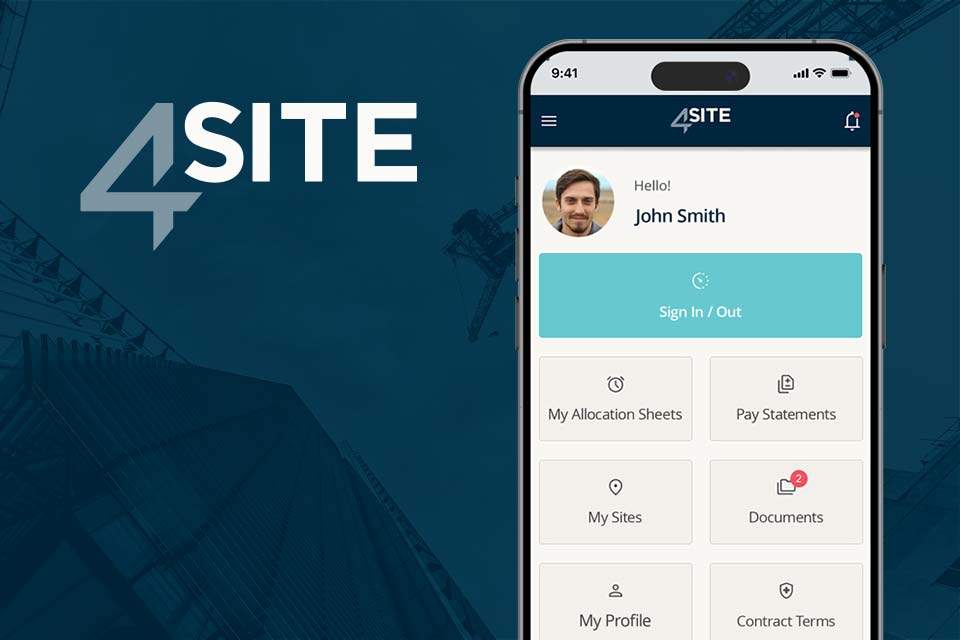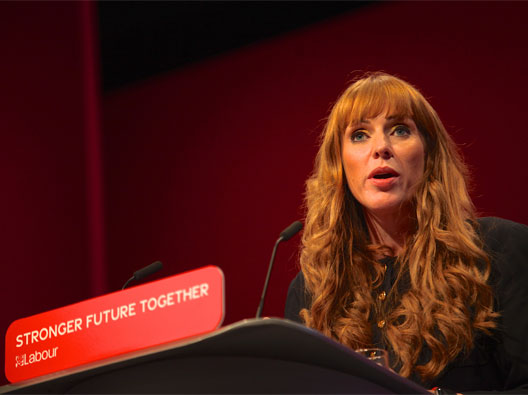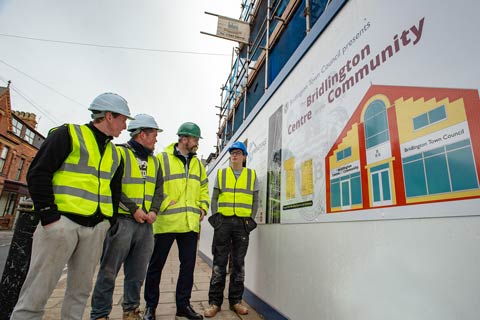Hudson’s guide to safeguarding your EU subbies
15th October 2020 | Ian Anfield
As mentioned in previous newsletter articles, we estimate that as many as 25 per cent of the 72,000 operatives we currently engage are from the EU, so with immigration rules changing in January due to Brexit we need to start making plans now.
EU nationals will retain the right to continue living and working in the UK after the end of the Brexit Transition Period if they were resident here before 31st December 2020.
Those EU nationals wishing to remain must register under the EU Settlement Scheme by 30th June 2021, although we suggest they apply as soon as possible to avoid any last-minute problems.
To do so they can apply online, they will require a UK address and proof of identity such as a national ID card or passport to complete the process.
During the period between new immigration rules coming into force on 1st January, and the deadline for applying for settled status in June, we will require all those intending to use Hudson for the first time to have their own UK bank account, a National Insurance number, CIS registration and photo ID. Without those things in place we cannot guarantee compliance, and so to protect Hudson and our clients from Border Force fines, we will be forced to reject contracts from those who do not produce the credentials we need.
Clients have started to ask how they can access foreign labour after Brexit, unfortunately the answer is not an easy one. To bring in trades identified by the government as qualifying under the Shortage Occupation List, employers would have to be licensed sponsors willing to make job offers to those outside the country, paying any fees and bringing people over as full employees. Once here the sponsor would carry legal responsibilities to make sure their foreign employees did not overstay or breach the terms of their visas.
The industry is lobbying through trade federations such as NFB and the Construction Leadership Council to have all construction trades added to the shortage occupation list and for a more usable scheme. However, beyond mention of a sponsored temporary employee route, which may be introduced in 2022 and cover construction, there is little movement. Government does not appear to grasp the benefit of a self-employed option which could solve the problem of labour shortages by using the existing CIS scheme.
To keep clients informed we are taking advice from specialist immigration lawyers, watching the Brexit negotiations, and engaging via the National Federation of Builders, so watch this space for further updates.
We will be writing to operatives before the end of the year advising them how to register for settled status.

Want to talk to us?
If you would like to get in touch, call us or fill in your details and we will call you back.
Call 01262 401040
Request a callback
To speak to one of our team, call us on 01262 401040
Request a callback
Please select your role and fill in your details and we'll get you the right person to call you:


